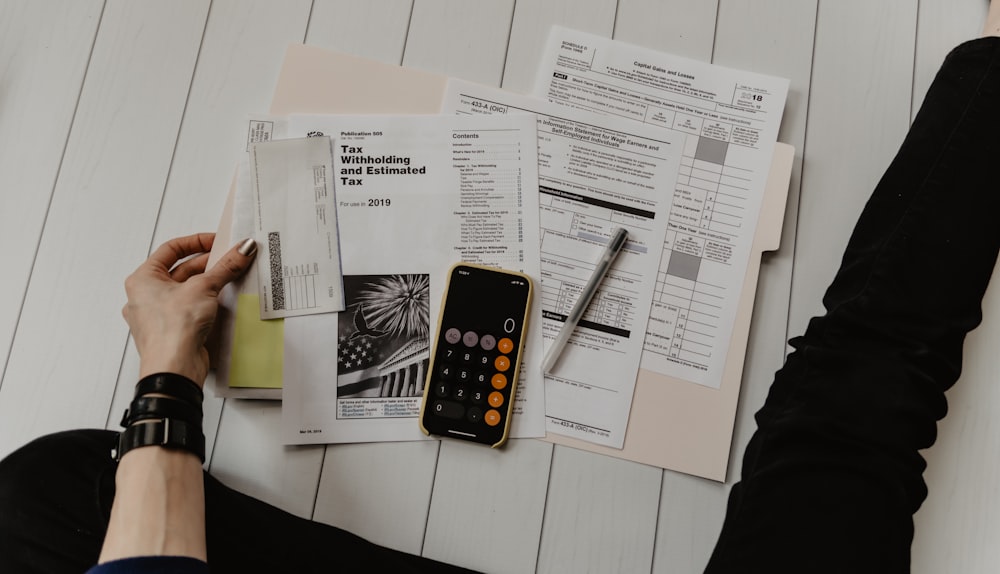Struggling to stay on top of your finances? Whether you’re saving for a big goal or just trying to make ends meet, mastering budgeting is the key to financial success. Here are 15 practical tips to help you take control of your money and build a brighter financial future.
📚 Table of Contents
- ✅ Track Every Expense
- ✅ Set Clear Financial Goals
- ✅ Prioritize Needs Over Wants
- ✅ Build an Emergency Fund
- ✅ Automate Savings
- ✅ Cut Unnecessary Subscriptions
- ✅ Use Cash for Discretionary Spending
- ✅ Review Budget Monthly
- ✅ Create a Debt Repayment Plan
- ✅ Shop Smart with Lists
- ✅ Meal Prep to Save on Food
- ✅ Reduce Energy Costs
- ✅ Explore Side Income
- ✅ Use Budgeting Apps
- ✅ Reward Yourself Wisely
- ✅ Conclusion
Track Every Expense
The foundation of successful budgeting is knowing where your money goes. Record every purchase, no matter how small, for at least a month to identify spending patterns.
Set Clear Financial Goals
Whether it’s saving for a vacation or paying off debt, having specific targets makes budgeting more purposeful and motivating.
Prioritize Needs Over Wants
Distinguish between essential expenses and discretionary spending. Always cover necessities first before allocating money to luxuries.
Build an Emergency Fund
Aim to save 3-6 months’ worth of living expenses. This safety net prevents unexpected costs from derailing your budget.
Automate Savings
Set up automatic transfers to savings accounts right after payday. This “pay yourself first” approach ensures consistent saving.
Cut Unnecessary Subscriptions
Review recurring charges for services you rarely use. Canceling just a few subscriptions can free up significant money each month.
Use Cash for Discretionary Spending
Withdraw a set amount for non-essential purchases. Physically seeing money leave your wallet creates more spending awareness.
Review Budget Monthly
Adjust your budget regularly based on actual spending and changing priorities. Flexibility is key to long-term budgeting success.
Create a Debt Repayment Plan
List all debts with interest rates and minimum payments. Focus on paying off high-interest debt first while maintaining minimums on others.
Shop Smart with Lists
Always make shopping lists and stick to them. Avoid impulse purchases by planning purchases in advance.
Meal Prep to Save on Food
Planning and preparing meals in advance reduces food waste and prevents expensive last-minute takeout orders.
Reduce Energy Costs
Simple changes like LED bulbs, programmable thermostats, and unplugging devices can significantly lower utility bills.
Explore Side Income
Consider freelance work, selling unused items, or monetizing hobbies to create additional income streams for your budget.
Use Budgeting Apps
Leverage technology with apps that track spending, categorize expenses, and provide visual reports of your financial habits.
Reward Yourself Wisely
Include small, planned rewards in your budget to stay motivated without derailing your financial progress.
Conclusion
Effective budgeting isn’t about restriction—it’s about making intentional choices with your money. By implementing these practical tips consistently, you’ll gain control over your finances and create lasting financial stability. Start with a few strategies that resonate most with your situation, and gradually incorporate more as you build confidence in managing your money.


Leave a Reply